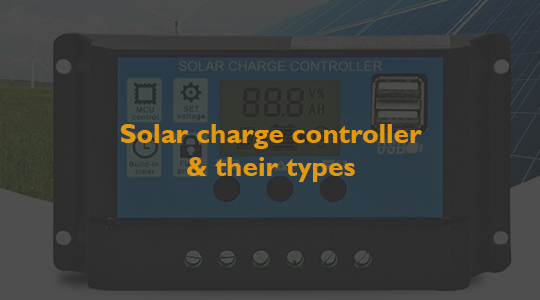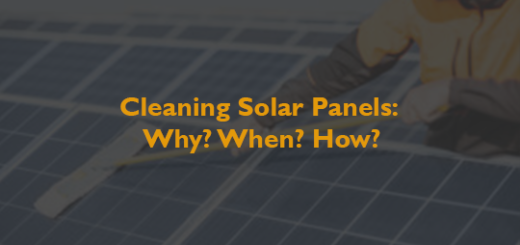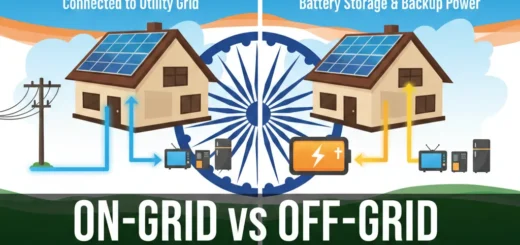Solar charge controller, their types

A solar charge controller is fundamentally a voltage or current controller to charge the battery and keep electric cells from overcharging. It directs the voltage and current hailing from the solar panels setting off to the electric cell. Generally, 12V boards/panels put out in the ballpark of 16 to 20V, so if there is no regulation the electric cells will damage from overcharging. Generally, electric storage devices require around 14 to 14.5V to get completely charged. The solar charge controllers are available in all features, costs, and sizes. The range of charge controllers is from 4.5A and up to 60 to 80A.
Types of Solar Charger Controller:
There are three different types of solar charge controllers, they are:
- Simple 1 or 2 stage controls
- PWM (pulse width modulated)
- Maximum power point tracking (MPPT)



